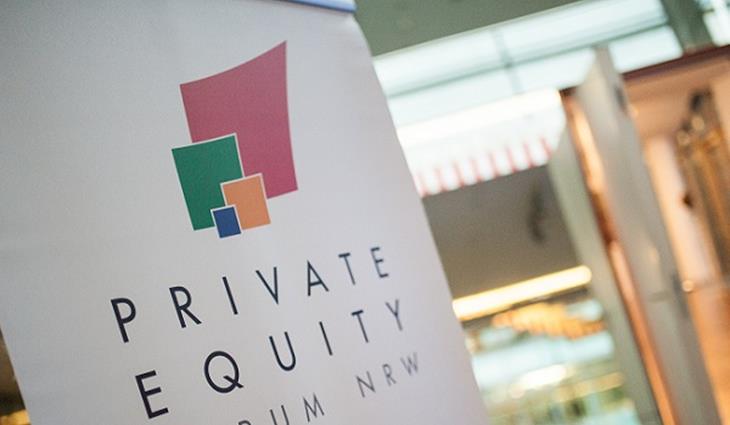- Africa Private Equity Funds Hit N500tr in First Half
Africa private equity funds achieved a final close of $1.1 trillion, about N500 trillion, in the first half of this year as investors’ appetite for African real estate deals continued to grow.
The first bi-yearly African Private Equity (PE) Data Tracker report from The African Private Equity and Venture Capital Association (AVCA) showed that Africa private equity funds achieved final close of $1.1 trillion in first half 2016. The report showed continued incremental investment in African private equity with buoyant deal activity and investor appetite for real estate in Africa.
The report reinforced that deal activity in Africa remains strong despite continued global and regional macro-economic volatility.
The total value of private equity deals in Africa during the first half of 2016 reached $0.9 billion, comprising of 83 reported transactions, which remained steady when compared with recent years.
The report showed that smaller deal sizes in Africa have continued on from 2015 as 75 per cent of private equity deals reported in the first half of 2016 in the region were under $250 million in size. This reflected the concentration of deal activity in sectors such as finance and technology that typically attract smaller transactions.
The fundraising total showed a growing appetite for private equity investment in real estate. Of the total $1.1 billion private equity fund closures in first half 2016, 46 per cent were dedicated exclusively to real estate opportunities.
AVCA noted that this trend was being driven by a number of underlying fundamentals including increasing urbanisation, a growing young population, as well as rising demand for a wide range of commercial developments.
The report also showed that fast moving consumer goods (FMCG), financial services and industrial sectors also continued to attract investment across the region, although sector breakdowns were not published.
Manager, research and training, African Private Equity and Venture Capital Association (AVCA), Ponmile Osibo,said the report showed resilience of African investment horizon in spite of the challenges.
“We have seen real estate emerge as a key sector attracting investor interest, adding another channel for private equity investment in Africa. Overall, we see positive signs that investors continue to close deals boosting local economies by injecting capital and driving job creation on the continent,” Osibo said.
Founder and chief executive officer, AFIG Funds, Papa Madiaw Ndiaye, noted that Africa’s real estate sector continues to hold tremendous investment potential, driven by strong economic growth and rapidly urbanising populations.
“In markets, such as Ghana, analysts estimate the shortfall of commercial office space at nearly one million square meters, and the annual housing deficit at one million units. This formed the rationale for our 2015 investment in the real estate sector in Ghana, to deliver quality office space to both local and multinational companies, and to house an emerging middle class initially focusing on Ghana, and ultimately serving the sub region,” Ndiaye, who is also the vice chairman of AVCA, stated.


 Forex2 weeks ago
Forex2 weeks ago


 Naira1 week ago
Naira1 week ago
 Naira4 weeks ago
Naira4 weeks ago
 Company News4 weeks ago
Company News4 weeks ago




 Naira1 week ago
Naira1 week ago




 Naira3 weeks ago
Naira3 weeks ago
 Billionaire Watch1 week ago
Billionaire Watch1 week ago




 Naira6 days ago
Naira6 days ago





















